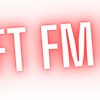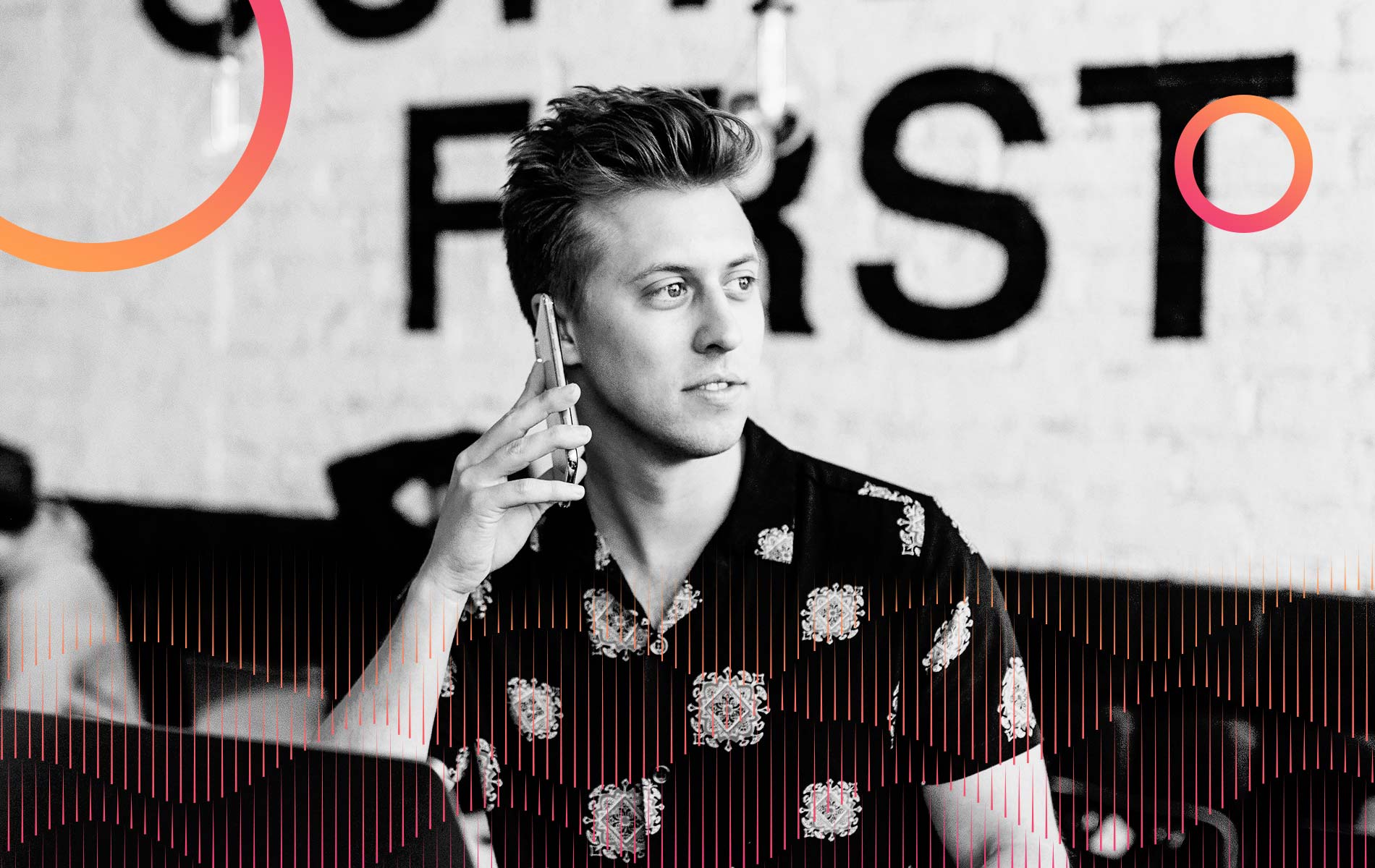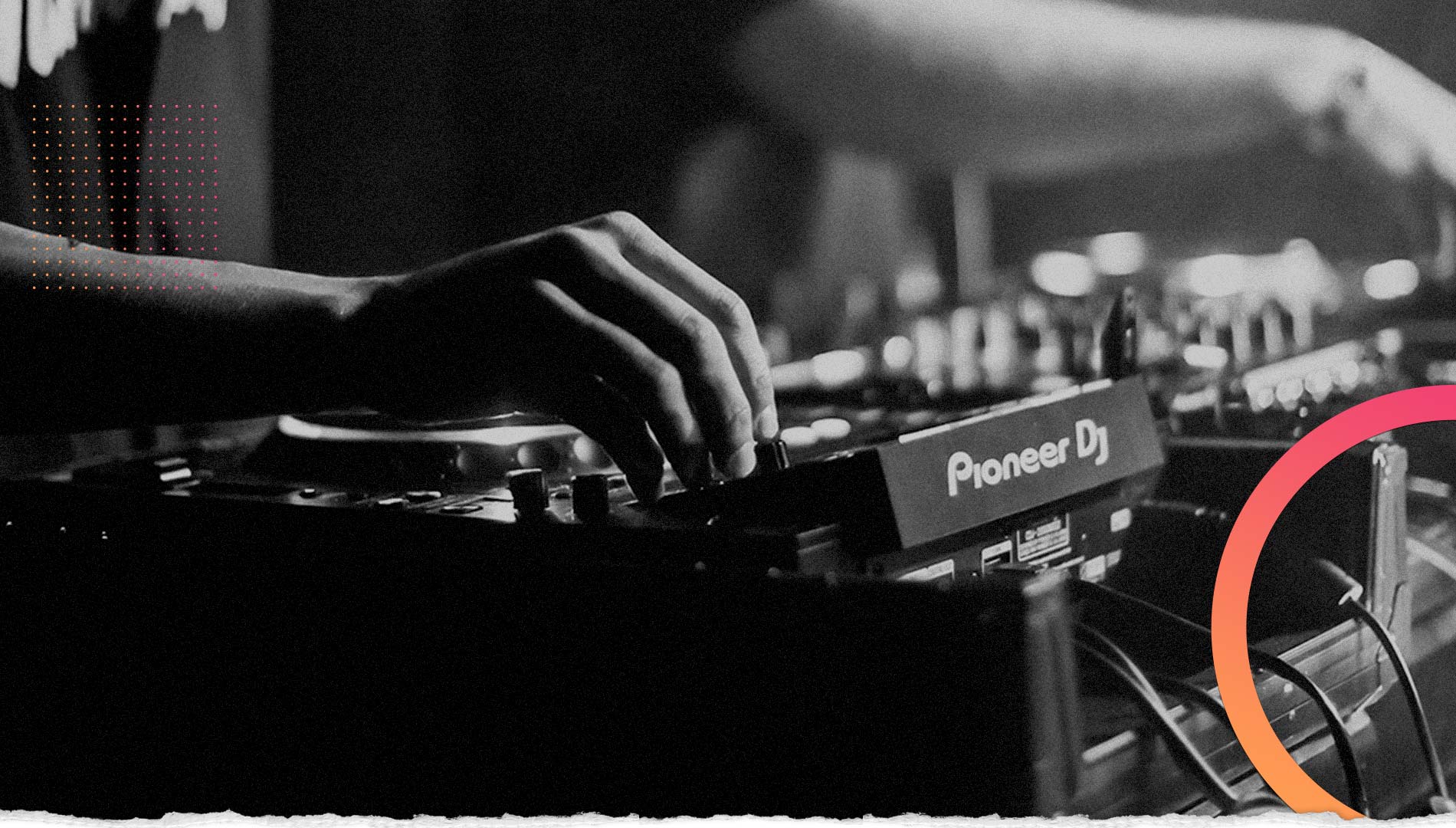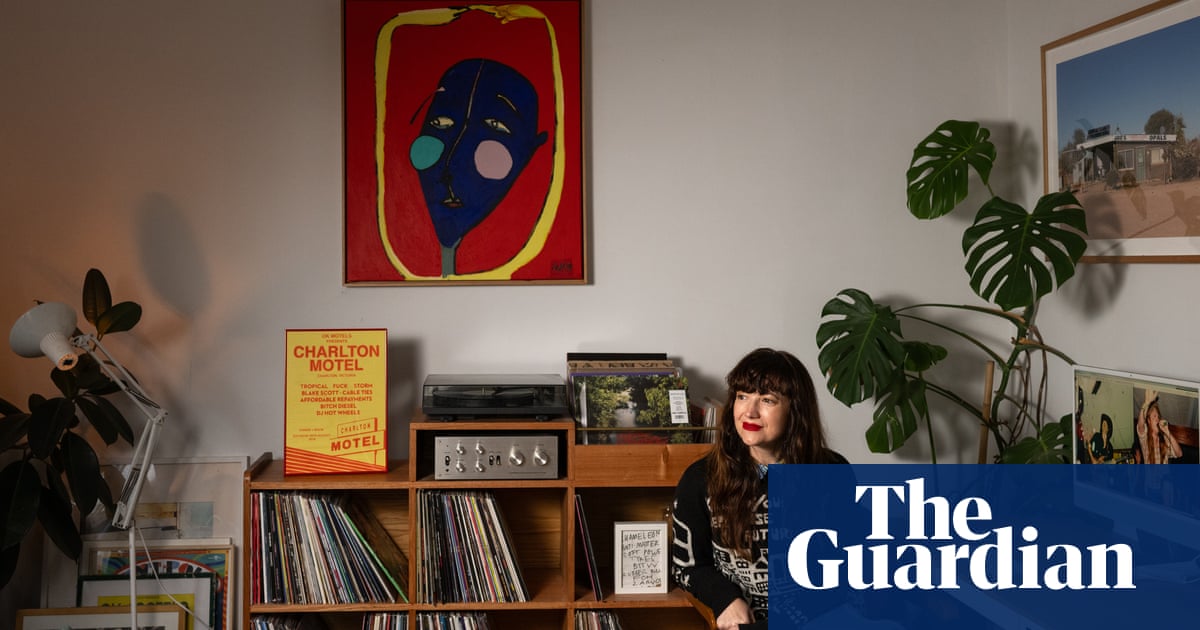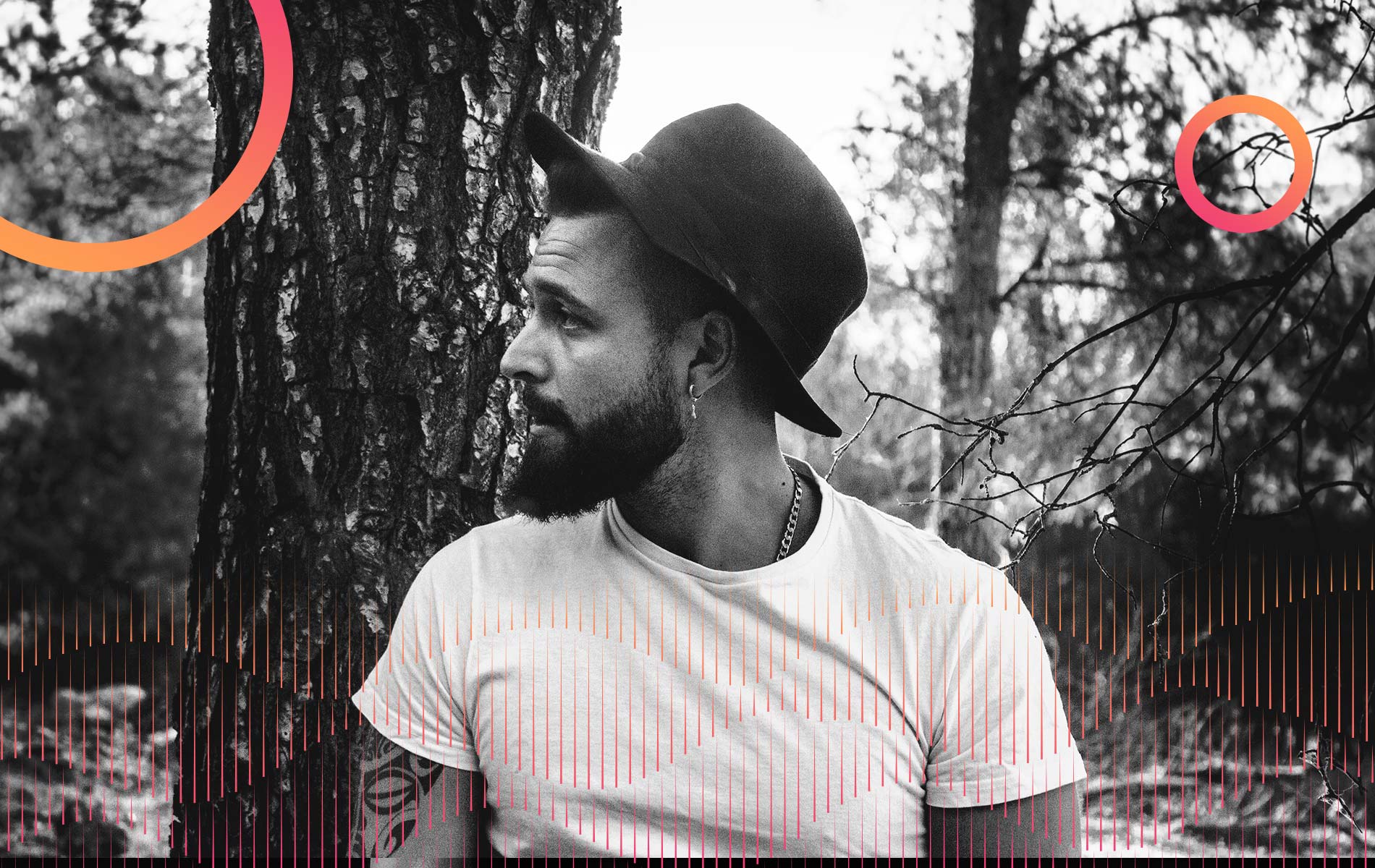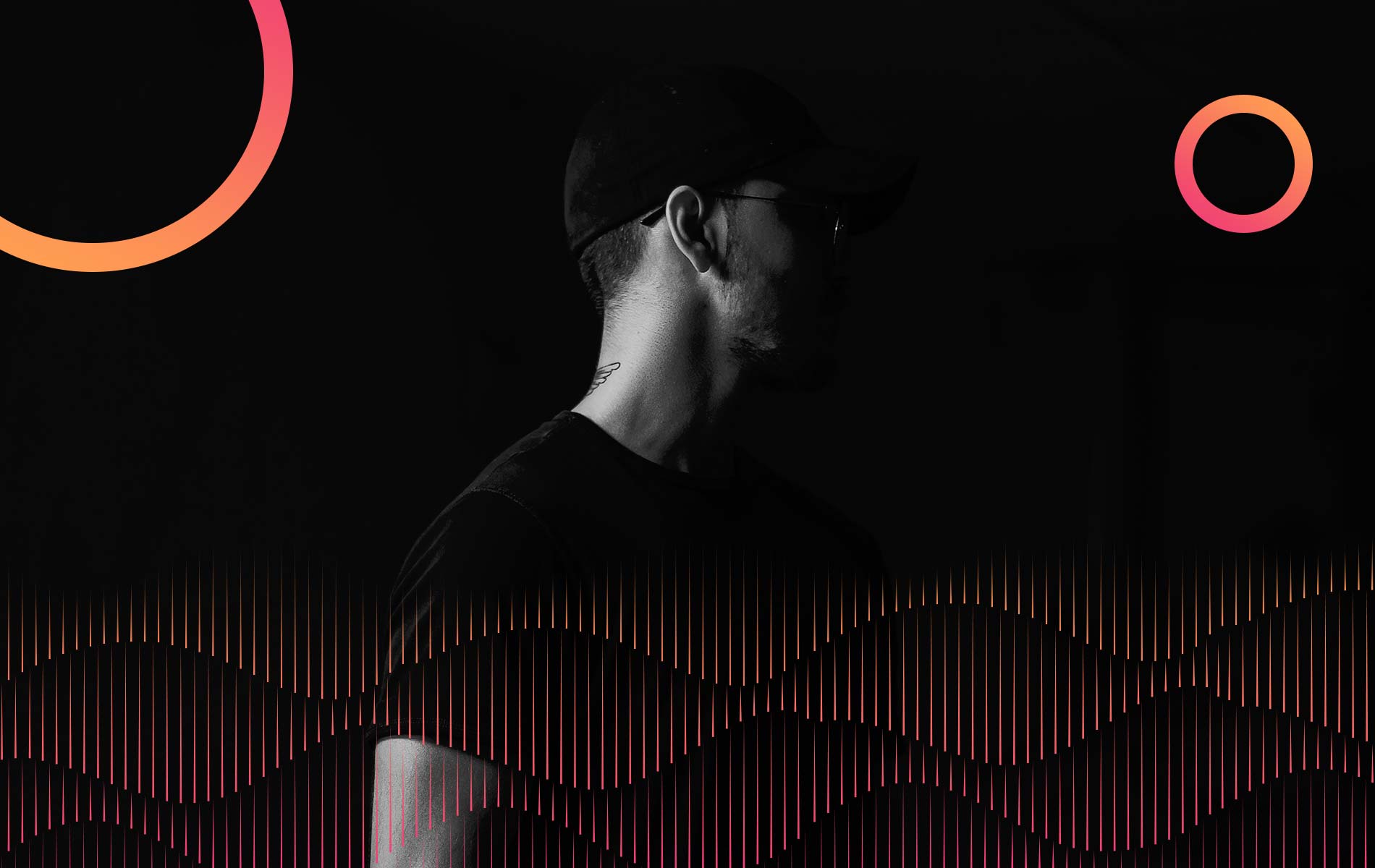The Los Angeles music scene has long had “folk music,” in its many permutations and offshoots, as a key part of the famous sounds the city has been most often associated with. But a festival with that as part of the moniker and definition? Not so often, though some locals with long memories will remember a Troubadours of Folk Festival at UCLA in 1993 that included everyone from Joni Mitchell to the Folksmen. Since then, it’s been mostly crickets, in terms of many people trying to pull something together that would include recognizable names and a lineup as diverse as, say, what goes down in Newport each year.
The Milk Carton Kids are doing their part to give L.A. establish a foothold in the festival circuit by organizing and curating the first Los Angeles Folk Festival, happening this Saturday and Sunday at the city’s arguably most gorgeous venue, the Ford. Along with performing themselves on the second night, the Kids will be playing host to Sierra Ferrell, Valerie June, David Garza & Freaklórico, Tré Burt and comedian Mae Martin on Saturday, followed by Waxahatchee, Haley Heynderickx, Willie Watson and comedian Nick Thune, with other guests doing shorter sets.
Tickets for the LA Phil-coproduced evenings can be found here.
Some drollery will probably be in order in the hosting, since the Milk Carton Kids are known for a drollery that lands them gigs like sometimes hosting the Americana Music Honors & Awards, in-between their day jobs writing deeply haunting songs and delivering the most luscious male harmonies this side of S&G and the Everlys. But they weren’t joking around about this lineup when Variety caught up with them to discuss the gathering. Well, maybe a little around the edges.
Joey Ryan: We have like a murderer’s row of a lineup. And I don’t think they’re really household names, but they anchor a real important part of music right now. I think if it invigorates the L.A. community the way we think that it will, it’s something that can carry us into the future. We’re calling it the first annual Los Angeles Folk Festival, which we’ve been told is either wrong or at least presumptuous, but that should give you a hint as to our intentions.
That’s right, we aren’t allowed to say “first annual,” no? We have to wait for a second time to use the A-word?
Ryan: I’ve been told that’s grammatically incorrect. We’re not allowed to, but we’re doing it anyway. I mean, we have plans to make it a tradition.
Kenneth Pattengale: Hopefully an editor at Variety won’t spoil our plans.
L.A. does not have a great history of major folk festivals.
Ryan: That’s right. So it has been quite a long-simmering idea. Once we announced the idea, one of the main messages we got from friends and other people in the town was like, “Thank you, we’re glad somebody’s finally doing this; clearly it’s something that needs to happen.” Because there is such a great folk scene, and I think there always has been. Obviously there’s some historical high points that everybody references, like Laurel Canyon in the ‘60s and ‘70s, etc. but I feel like L.A. is one of the great folk music towns. We don’t usually talk about Woody Guthrie, but there’s a whole book about how Woody Guthrie’s political radicalization and crystallization as sort of a folk musician happened once he moved to L.A. So I think L.A. can even claim Woody Guthrie, if we wanted to.
Pattengale: Our folk festival is not anything to do with the historical folk versions that history has latched onto. There’s obviously been a few big waves, and Joey just gave you an extended diatribe about a thing almost a hundred years ago. [Ryan laughs.] But our celebration is of music that is happening right now. It’s not meant to be any kind of overall summation of folk music. It’s not an intellectual idea at all. It’s just a little flashpoint that allows a glimpse into really vibrant music with people we are lucky enough to be friends and colleagues with, and it feels like when we put together a group show, it feels like a cohesive thing, that is of today.
The Ford is often cited as the most magical outdoor venue in L.A., but the programming often leads toward global offerings or fine arts, so there aren’t always a lot of chances to experience it among fans of popular music. And for the sake of argument, we’re going to call folk music pop, just for a second.
Ryan: I know Kenneth has seen a show there before, but only once, and I’ve never seen a show there, even though both of us grew up in L.A. our whole lives. At least for the circle we run in, it feels a little bit like a hidden gem, which I think is appropriate for a folk festival.
Pattengale: I think the big picture is that Los Angeles has this really vast and diverse arts community, and if you want to be served up a festival of all of the curated popular music names and go buy beer from Goldenvoice or AEG or Live Nation or whoever, there’s plenty of big-ticket Rose Bowl events, big lawn events that you can go to. But our little festival is another example of such a vast cultural fabric to the actual performing arts in Southern California that us at the Ford putting on a folk music program, it spans something much bigger than what folk music with a capital F might conjure, to be able to connect the dots and end up in a cool place and to take advantage of the railroad tracks that are already made for really good performing arts programming in Southern California. It’s a no-brainer. And I don’t know, in a decade, if there’s 10,000 people that want to buy tickets to this, maybe we’ll find a nice field and sell you our beer.
Is it fair to say folk is a fairly broad term at this point? Most of us favor expansive definitions of things rather than more restrictive at this point. You’ve got some people here who have been seen as parts of other genres, but Pete Seeger isn’t out there with a checklist of whether everybody fits or not at this point. There is a shared sensibility that somehow works for this under this banner for you.
Ryan: Since I’ve been asked about it for this festival, I’ve had to think about it a little more than I otherwise would have. In general, folk music points you in the direction of acoustic instrumentation. But also specifically, I think there’s an undercurrent of a little bit of tendency toward subversion, whether that’s subverting norms or expectations or having a little bit of a punk-rock attitude toward any side of the music, whether it’s actual artistic output or the business side of things. And I think everyone that’s playing is a bit of an outsider, in their own way, in some way.
Pattengale: To be honest, inexplicably, to me, somehow, the mainstream still thinks of folk music as defined by what the ‘50s and ‘60s in America defined it as, in the dictionary definition. Folk music in the early ‘80s in New York City was punk-rock. And you sort of plop into any city over the last hundred years; I mean, you could make an intellectual argument over the last 500 years in any local place, what’s happening organically of the people is folk music. I think that Joey and I are preferring to tap into that definition of the word. So if anybody’s expecting to show up and only hear people strum big, dreadnought Martin guitars and sing vaguely political songs, I think that they might be stuck in a time and a place. And hopefully they’ll be surprised at broadening their horizons when they hear other people that are really putting skin in the game and leaving important art in the air for us to listen to.
Ryan: I agree, although stringing dreadnought guitars and singing vaguely political songs is a really good description of our band.
I was going to say, unless you’re planning to stack up the Marshall amps this time, maybe you aren’t radically, radically far from a common perception, yourselves.
Ryan: Yeah, ironically, we might be the closest thing to just the on-the-surface sort of vintage folk conception that Kenneth is talking about that exists in the mainstream consciousness. But the community is very much broader than that.
The seven people besides us that we booked (for main slots) were from the very top of our list of dream artists that we would have on a first-year festival. I guess the thing that I’m most excited about is the cohesive artistic picture that will be painted over the two days. Every artist has a thing about them in common: there’s a bit of an edge or a vitality to all of their songwriting and performance styles which seems exciting to me. Even if everyone was up there holding an acoustic guitar, I think it would feel kind of urgent. There’s nothing particularly background-y or just pretty and soothing about anyone that we’ve booked. That’s what excites me about being there for the night and actually just sitting there and enjoying the arc of what these very different performers have to say. I think people sometimes can get the wrong idea about folk music, that it’s easy, or I don’t know, relaxed.
You have announced a few additional guests that weren’t on the lineup, like Tish Melton, who is 17 and just released her first Brandi Carlile-produced single.
Ryan: Yeah, we wanted to have some guests between the sets, either on their own or with us, or just to, and have opportunities for collaborations, and then also people who we won’t announce to drop in and do something. Those are the things we kind of cherish about the folk festivals that we go to all over the world, so we wanted to have that be a part of ours. The ones that are announced are Tish, Charlie Hickey, John C. Reilly and Ray Zaragoza. They’ll all do like a song or two, in between the main sets.
We don’t know what John C. Reilly is going to do, actually. Probably it’ll be songs, but have you ever seen John perform like with us at Largo or on his own or anything like that? Well, he’s a beautiful singer and he’s just one of the most charismatic performers I’ve seen. Like, when we do our Largo show, sometimes he just walks out at the beginning of the show and just welcomes the audience and (stretches his arms out). We’re gonna hope he’s gonna do a little more than that.
Pattengale: Joey’s talking as if we’re on a planning call for the festival and not a reporter who we’re trying to give information to. Yes, we’re gonna have special guests and it’s going to be awesome and we’re very excited about it!
